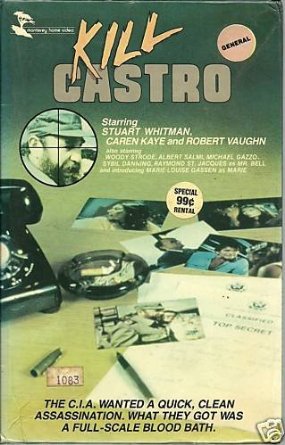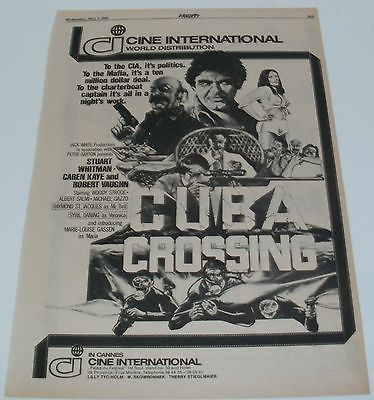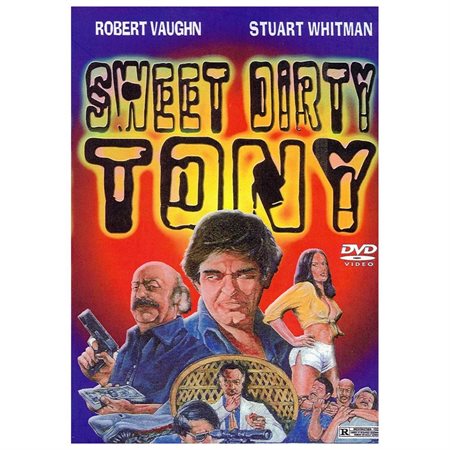Welcome to Retro Television Reviews, a feature where we review some of our favorite and least favorite shows of the past! On Tuesdays, I will be reviewing the original Fantasy Island, which ran on ABC from 1977 to 1984. Almost the entire show is currently streaming on Daily Motion.
This week is a bit uneven. Let’s dive into it!
Episode 4.21 “Basin Street/The Devil’s Triangle”
(Dir by George W. Brooks, originally aired on May 2nd, 1981)
Pilot Clay Garrett (Joe Namath — yes, the goofy football player) and cameraman Tom Spencer (Christopher Connelly) have come to Fantasy Island with Kerry Dawson (Trish Stewart). Kerry is the host of a show where she explores isolated locations of the world. Clay flies her where she’s going. Tom films her. Throughout the episode, it is suggested that — much like the characters at the center of Cannibal Holocaust — they’ve occasionally been guilty of staging the footage that has made them famous.
Kerry wants to search for the remains of an airplane that disappeared over 40 years ago. The plane was flown by the famed aviatrix Wilma Deitrich. Why they don’t just admit that Wilma is a stand-in for Amelia Earhart, I have no idea. Mr. Roarke warns Kerry that the fantasy could be dangerous but he does not stop Clay, Tom, and Kerry from boarding a plane and then flying out across the ocean.
The plane ends up in the Devil’s Triangle, which I guess is this show’s version of the Bermuda Triangle. The plane crashes on an uncharted island. Kerry gets bitten by a snake and Clay sucks out the poison before he and Tom set off to look for the remains of Wilma’s plane. Clay and Tom, incidentally, are both in love with Wilma. Will Wilma select the boring cameraman or the boring pilot who sucked snake venom out of her body?
It’s a question that would perhaps be more compelling if Kerry had the slightest bit of chemistry with either man. But she doesn’t. Joe Namath is as stiff here as he was in C.C. and Company. Christopher Connelly looks bored. Kerry does eventually pick Clay so hopefully, they’ll be happy together.
(And yes, they do get off the island. They find the wreckage of Wilma’s plane and use it to repair their own plane. Amazingly, Wilma’s plan is still full of operational parts despite having spent over 40 years sitting on a deserted island.)
As for the other fantasy, Charlie Raines (Cleavon Little) wants to go to turn of the century New Orleans and meet his hero, jazzman Camptown Dodd (Raymond St. Jacques). Roarke and Tattoo give him a magic clarinet and send him to New Orleans, where he immediately finds himself auditioning for Camptown. Camptown wants Charlie to not only join his band but also lead it after his death.
DEATH!?
Yes, death. Camptown refuses to sell Opium in his club and, as a result, he has been targeted for assassination by a corrupt police officer. Charlie is so upset about this that Roarke himself steps into the fantasy to let Charlie know that he can’t change the past.
Okay, so Charlie can’t save Camptown but surely, he can bring Billie Joe (Berlinda Tolbert) into the present with him, right? Afterall, Charlie has fallen in love with her. No, Roarke says, that’s not how it works.
Fear not, though! Once he’s in the present, Charlie discovers that Billie Joe was actually a guest at the Island and that Roarke combined two fantasies into one. Yay!
The jazz fantasy was predictable but it was still better than the other fantasy. Cleavon Little, Raymond St. Jacques, and Berlinda Tolbert all actually seemed to be invested in their characters, which made them a lot more fun to watch than the stiffs on the deserted island.
This week’s trip to the Island was a bit uneven. The jazz fantasy was occasionally entertaining. The other fantasy was forgettable. I don’t hold that against, Mr. Roarke. That’s just the way it goes sometimes.


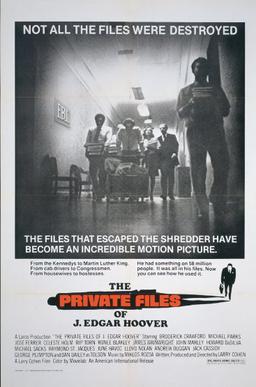


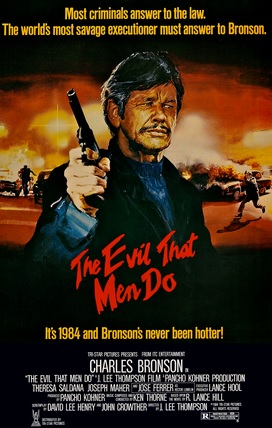
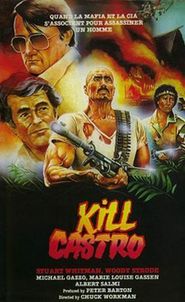 One of my earliest memories of staying up late and watching cheesy movies on local television was the sight of Robert Vaughn standing on a beach and cursing, “Damn you, Kennedy!” An echo effect kicked in, making the line: “Damn you, Kennedy Kennedy Kennedy Kennedy Kennedy!”
One of my earliest memories of staying up late and watching cheesy movies on local television was the sight of Robert Vaughn standing on a beach and cursing, “Damn you, Kennedy!” An echo effect kicked in, making the line: “Damn you, Kennedy Kennedy Kennedy Kennedy Kennedy!”